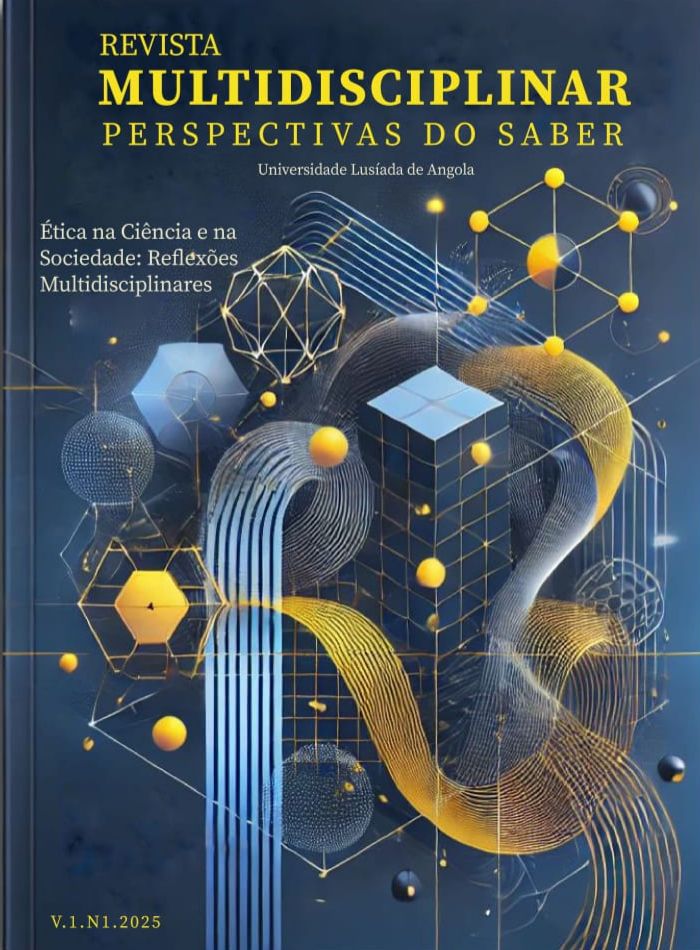PROPOSAL FOR ETHICAL INTEGRATION INTO MEASUREMENT MODELS. BASES FOR ORGANIZATIONAL INNOVATION AND SUSTAINABILITY
DOI:
https://doi.org/10.5281/zenodo.15059581Keywords:
Capital intelectual, Modelos de mensuração, IntangívelAbstract
Intellectual capital is a concept that encompasses an organization's intangible assets such as knowledge, skills, innovation and relationships. It is essential for organizations as it demonstrates the capacity and potential for generating wealth. The related research consists of the study of the accounting measurement of corporate intellectual capital. Its objective is to identify, measure and quantitatively analyze intellectual capital and choose the appropriate method that represents adherence to the organization's objectives and performance. Stewart and Skandia stratify absolute values in the form of indicators and/or indices. It is concluded that the Skandia model is suitable for measuring intellectual capital because it stratifies the measurement into indicators, indexes and absolute value, which helps in the management of intellectual capital.
References
ANTUNES, Maria Thereza Pompa. Capital Intelectual. Editora Atlas, 2000

Downloads
Published
Issue
Section
License
Copyright (c) 2025 PERPECTIVES OF KNOWLEDGE. MULTIDISCIPLINARY REVIEW

This work is licensed under a Creative Commons Attribution-NonCommercial-NoDerivatives 4.0 International License.




